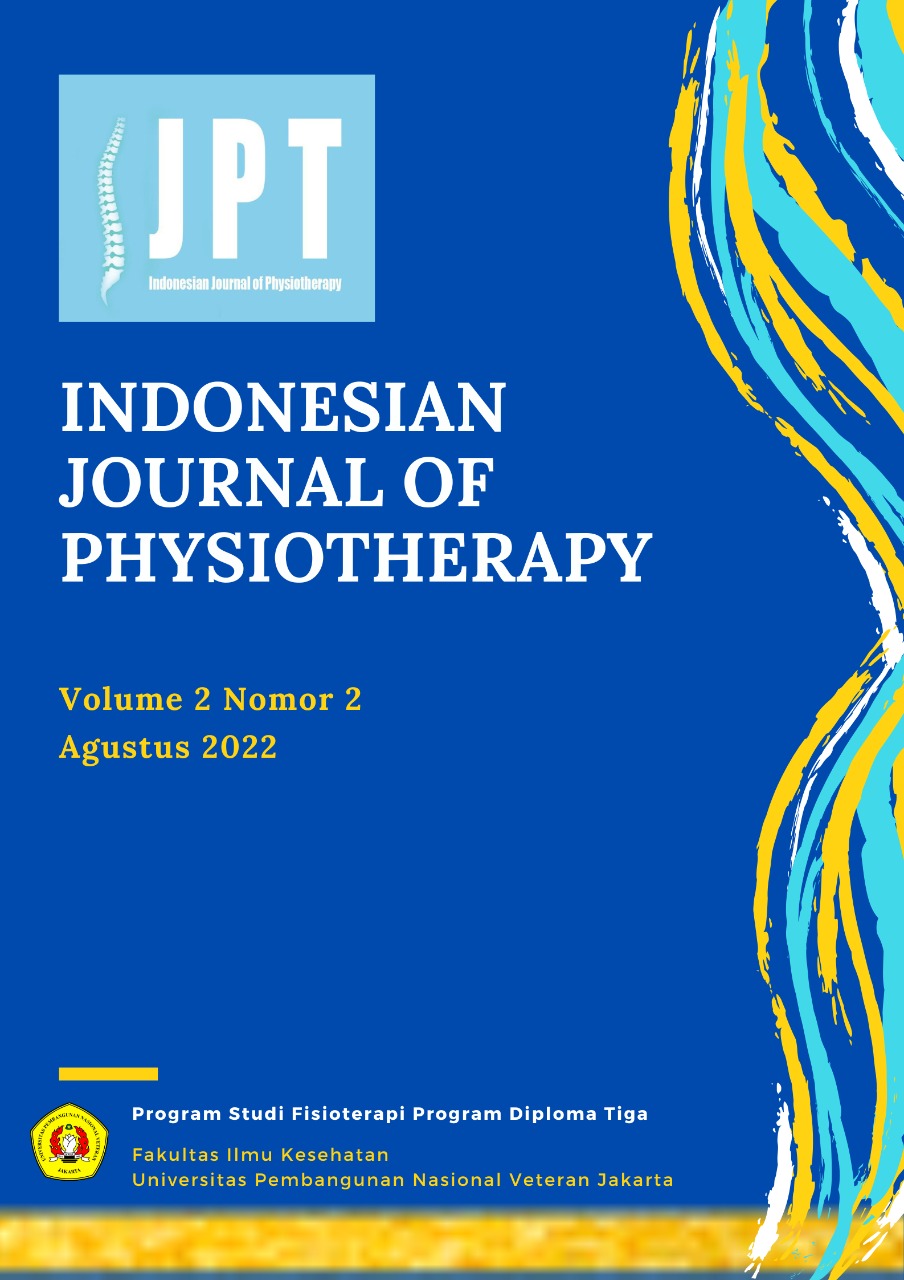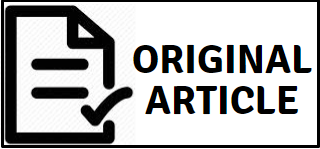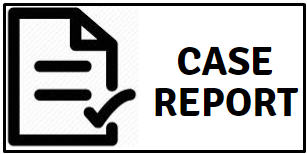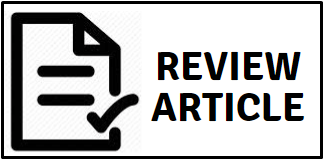HUBUNGAN INDEKS MASSA TUBUH TERHADAP CRANIOVERTEBRAL ANGLE PADA PEKERJA BACK OFFICE
DOI:
https://doi.org/10.52019/ijpt.v2i2.4541Kata Kunci:
Craniovertebral angle (CVA), Forward head posture (FHP), Indeks Massa Tubuh (IMT), PhotogrammetryAbstrak
Tujuan: Penelitian ini untuk mengetahui hubungan indeks massa tubuh (IMT) terhadap craniovertebral angle (CVA) pada pekerja back office.Metode : Penelitian ini merupakan penelitian observasional. Penelitian ini bersifat deskriptif kuantitatif dengan tipe studi korelasi. Sampel dipilih menggunakan teknik purposive sampling didapatkan 30 karyawan RSUP X Jakarta dimana IMT dihitung berdasarkan rumus berat badan dibagi kuadrat tinggi badan sedangkan CVA diukur dengan skor photogrammetry. Hasil : Pada penelitian ini rerata dan simpangan baku IMT adalah 26,88±3,98 dan nilai derajat CVA yaitu, 39,88±4,66. Uji normalitas dengan kolmogorov smirnov test didapatkan data berdistribusi normal. Hasil uji hipotesis dengan uji statistik korelasi pearson product moment, didapatkan p < 0,0001 pada IMT dan CVA serta nilai r = -0,731 maka terdapat korelasi positif antara IMT dengan CVA. Kesimpulan : Terdapat korelasi positif antara nilai IMTterhadap nilai CVA yang menunjukkan semakin tinggi IMT maka nilai rerata CVA sesuai kriteria FHP.
Referensi
Blagojević, L., Petrović, B., & Blagojević, J. (2012). Risk factors for health disorders in computer operators in telecom Serbia. International Journal of Occupational Safety and Ergonomics, 18(3), 321–327. https://doi.org/10.1080/10803548.2012.11076935
Genebra, C. V. D. S., Maciel, N. M., Bento, T. P. F., Simeão, S. F. A. P., & Vitta, A. De. (2017). Prevalence and factors associated with neck pain: a population-based study. Brazilian Journal of Physical Therapy, 21(4), 274–280. https://doi.org/10.1016/j.bjpt.2017.05.005
Gustafsson, E., Thomée, S., Grimby-Ekman, A., & Hagberg, M. (2017). Texting on mobile phones and musculoskeletal disorders in young adults: A five-year cohort study. Applied Ergonomics, 58, 208–214. https://doi.org/10.1016/j.apergo.2016.06.012
Hanvold, T. N., Wærsted, M., Mengshoel, A. M., Bjertness, E., Twisk, J., & Veiersted, K. B. (2014). A longitudinal study on risk factors for neck and shoulder pain among young adults in the transition from technical school to working life. Scandinavian Journal of Work, Environment and Health, 40(6), 597–609. https://doi.org/10.5271/sjweh.3437
Louw, S., Makwela, S., Manas, L., Meyer, L., Terblanche, D., & Brink, Y. (2017). Effectiveness of exercise in office workers with neck pain: A systematic review and meta-analysis. South African Journal of Physiotherapy, 73(1), 1–11. https://doi.org/10.4102/sajp.v73i1.392
Mahmoud, N. F., Hassan, K. A., Abdelmajeed, S. F., Moustafa, I. M., & Silva, A. G. (2019). The Relationship Between Forward Head Posture and Neck Pain: a Systematic Review and Meta-Analysis. Current Reviews in Musculoskeletal Medicine, 12(4), 562–577. https://doi.org/10.1007/s12178-019-09594-y
Mohamed, somaya, Elhafez, H., & Mahmoud, M. (2020). Effect of Body Mass Index on Craniovertebral Angle and Shoulder Angle in Egyptian Adolescents. Egyptian Journal of Physical Therapy, 1(1), 14–17. https://doi.org/10.21608/ejpt.2020.77844
Nejati, P., Lotfian, S., Moezy, A., & Nejati, M. (2015). The study of correlation between forward head posture and neck pain in Iranian office workers. International Journal of Occupational Medicine and Environmental Health, 28(2), 295–303. https://doi.org/10.13075/ijomeh.1896.00352
Shin, Y. J., Kim, W. H., & Kim, S. G. (2017). Correlations among visual analogue scale, neck disability index, shoulder joint range of motion, and muscle strength in young women with forward head posture. Journal of Exercise Rehabilitation, 13(4), 413–417. https://doi.org/10.12965/jer.1734956.478
Winarti, M. T. (2016). Hubungan Forward Head Posture dengan Gangguan Temporomandibula Berdasarkan Pengukuran Linear.
Fabris de Souza SA, Faintuch J, Valezi AC, Sant'Anna AF, Gama-Rodrigues JJ, de Batista Fonseca IC, de Melo RD. Postural changes in morbidly obese patients. Obes Surg. 2005 Aug;15(7):1013-6. doi: 10.1381/0960892054621224.PMID: 16105399.









